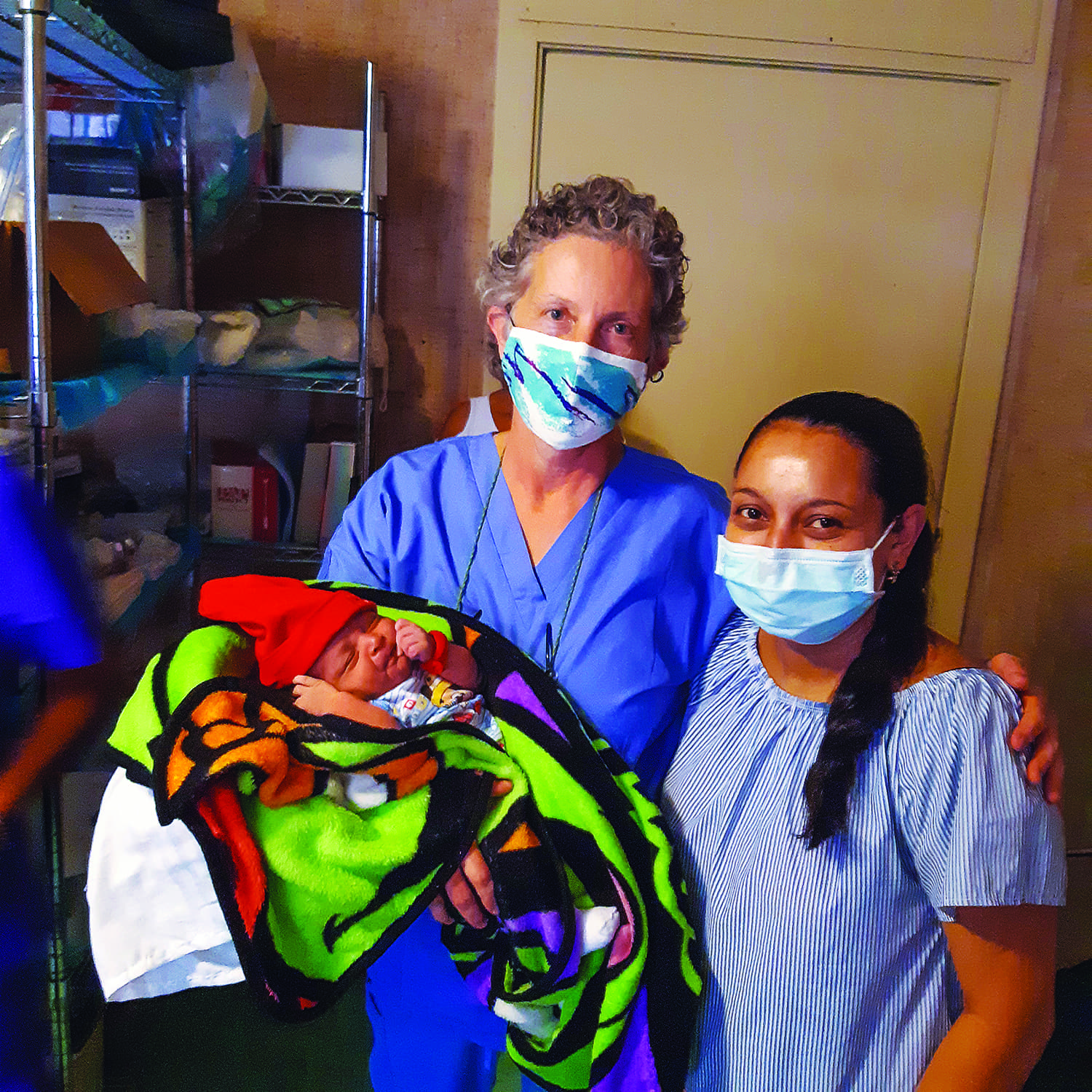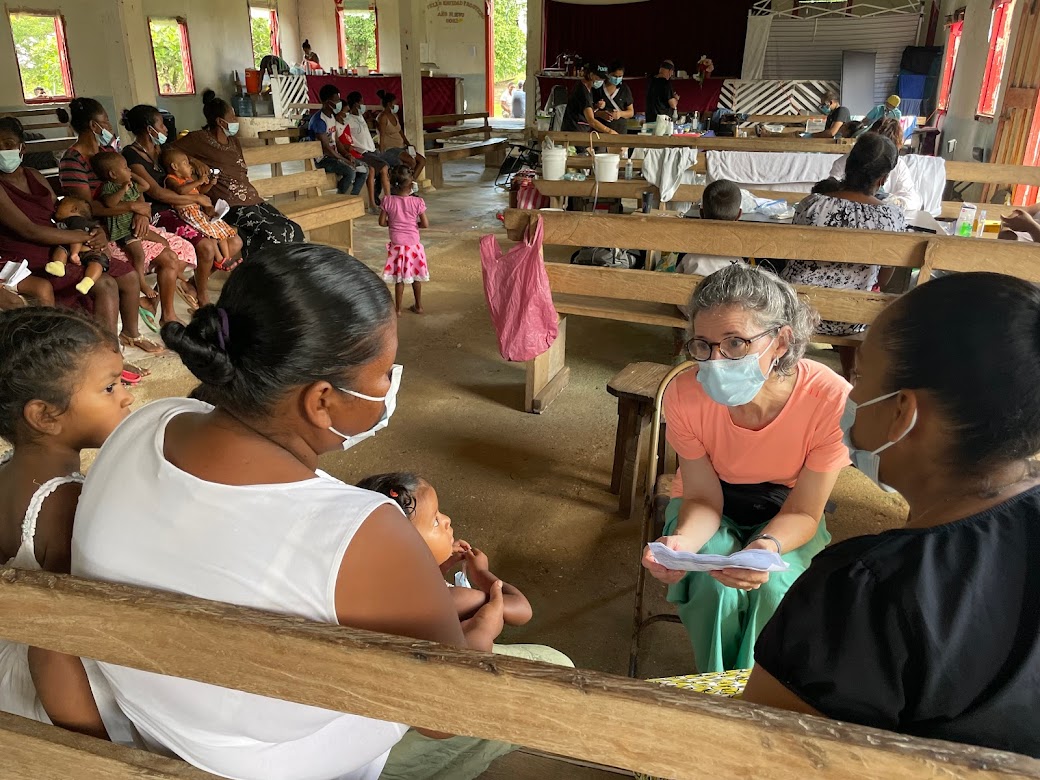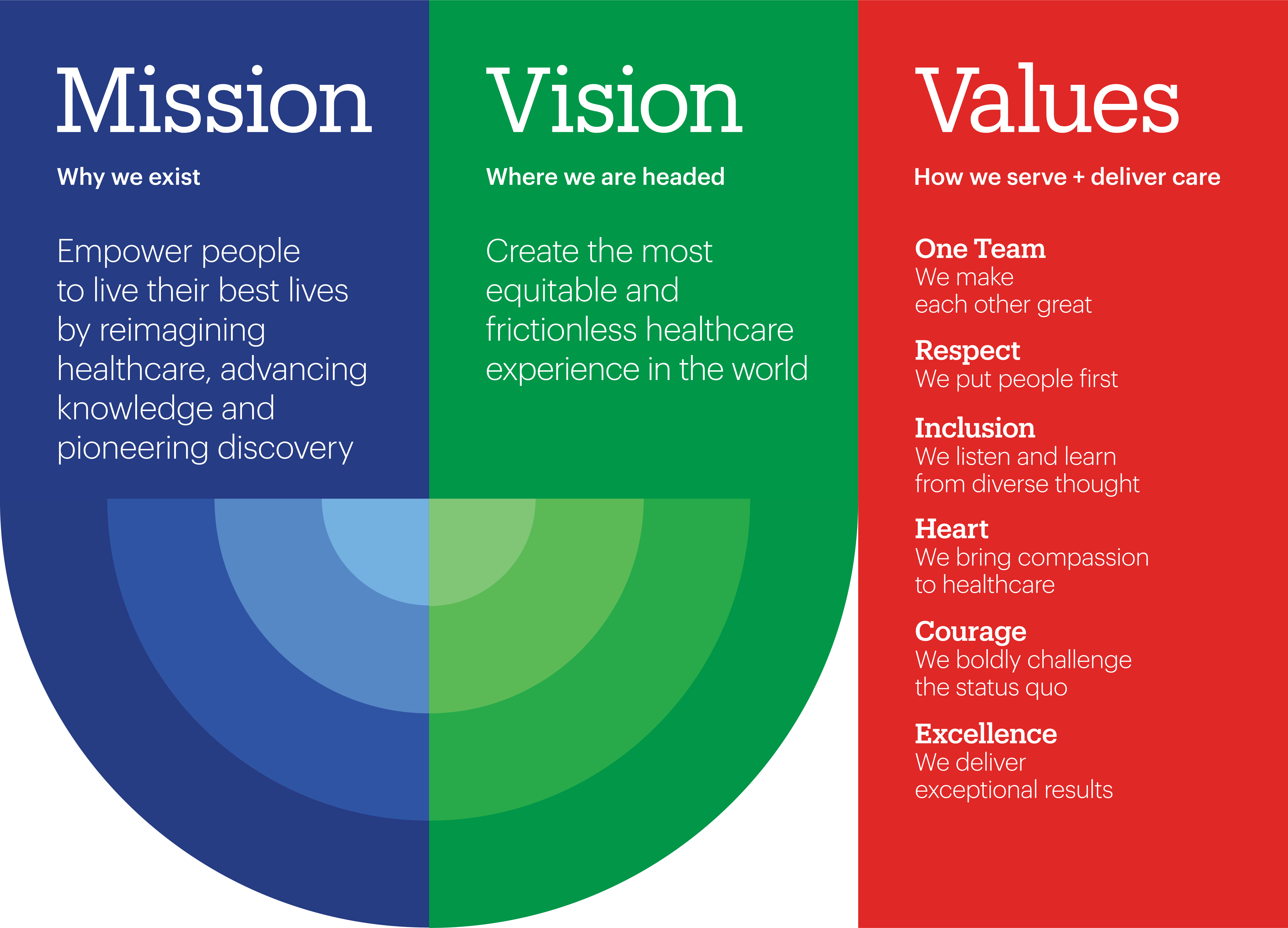Are you looking for a meaningful way to make a difference in the world? Do you have a passion for healthcare and want to use your skills to help others? If so, medical volunteering may be the perfect opportunity for you. In this guide, we’ll explore how healthcare missions and global health initiatives are changing the world and how you can get involved.
What is Medical Volunteering?
Medical volunteering is when healthcare professionals or students offer their services without receiving payment. This could involve traveling to another country to provide medical care, working in a clinic in an underserved area, or participating in disaster relief efforts. Medical volunteering is an important way to provide healthcare to communities that might not otherwise have access to it.
Healthcare Missions: Providing Care Where It’s Needed Most

Healthcare missions are one type of medical volunteering. These missions involve traveling to other countries to provide medical care to people in need. Healthcare missions can last anywhere from a few days to several months, depending on the organization and the needs of the community. Many healthcare missions focus on providing basic healthcare services, such as vaccinations, wound care, and prenatal care.
Healthcare missions can also involve providing specialized care, such as surgery or dental work. Some organizations focus on providing care for specific conditions, such as cleft palate repair or eye surgeries. Healthcare missions are often organized by non-profit organizations or religious groups, and they rely on volunteers to provide medical care and support.
Global Health Initiatives: Improving Health on a Global Scale

Global health initiatives are another important aspect of medical volunteering. These initiatives focus on improving health outcomes on a global scale, often by addressing issues such as infectious diseases or maternal and child health. Global health initiatives can take many forms, including research, advocacy, and direct medical care.
One example of a global health initiative is the Global Polio Eradication Initiative. This initiative, launched in 1988, aims to eradicate polio worldwide through vaccination campaigns and surveillance efforts. Other global health initiatives focus on addressing issues such as HIV/AIDS, malaria, and tuberculosis. These initiatives often involve partnerships between governments, non-profit organizations, and healthcare providers.
Why Medical Volunteering Matters

Medical volunteering is an important way to address healthcare disparities around the world. Many people in low-income countries do not have access to basic healthcare services, and medical volunteering provides a way to bridge that gap. Medical volunteering also offers healthcare professionals and students the opportunity to gain new skills and perspectives, and to make meaningful connections with people from different cultures and backgrounds.
In addition, medical volunteering has a ripple effect that goes beyond the immediate impact on patients and communities. By improving health outcomes in underserved areas, medical volunteering can help break the cycle of poverty and improve economic opportunities. Medical volunteering can also inspire others to get involved and make a difference in their own communities.
Getting Involved in Medical Volunteering
If you’re interested in medical volunteering, there are many opportunities available. Some organizations offer short-term missions that last just a few days or weeks, while others offer longer-term placements that can last several months or even a year. You can also find opportunities to volunteer locally, such as working in a free clinic or participating in disaster relief efforts.
Before you start volunteering, it’s important to do your research and find an organization that aligns with your values and interests. You should also make sure that you have the necessary qualifications and training to provide safe and effective care. Many organizations require volunteers to have a certain level of education or experience, so be sure to check the requirements before you apply.
FAQs
1. Do I need to be a healthcare professional to volunteer?
No, there are many opportunities for non-medical volunteers as well. For example, you could volunteer as a translator, administrative assistant, or logistics coordinator.
2. How much does it cost to volunteer?
The cost of volunteering varies depending on the organization and the location. Some organizations provide free housing and meals for volunteers, while others require volunteers to cover their own expenses.
3. Is it safe to volunteer in other countries?
Volunteering in other countries can pose some risks, such as exposure to infectious diseases or political instability. It’s important to do your research and take precautions to ensure your safety. Many organizations provide training and support to help volunteers stay safe.
4. What skills do I need to volunteer?
The skills required for medical volunteering vary depending on the type of work you’ll be doing. Healthcare professionals will need specific medical skills, while non-medical volunteers may need organizational or language skills.
5. How can I find medical volunteering opportunities?
There are many resources available online to help you find medical volunteering opportunities. Some websites, such as VolunteerMatch and Idealist, specialize in connecting volunteers with non-profit organizations. You can also check with professional organizationsin your field, such as the American Medical Association or the National Nursing Association, for information on volunteer opportunities.
Conclusion
Medical volunteering is an important way to make a difference in the world and improve healthcare outcomes for underserved communities. Healthcare missions and global health initiatives offer opportunities for healthcare professionals and students to provide medical care, gain new skills, and make meaningful connections with people from different cultures and backgrounds. If you’re interested in getting involved in medical volunteering, be sure to do your research and find an organization that aligns with your values and interests.




